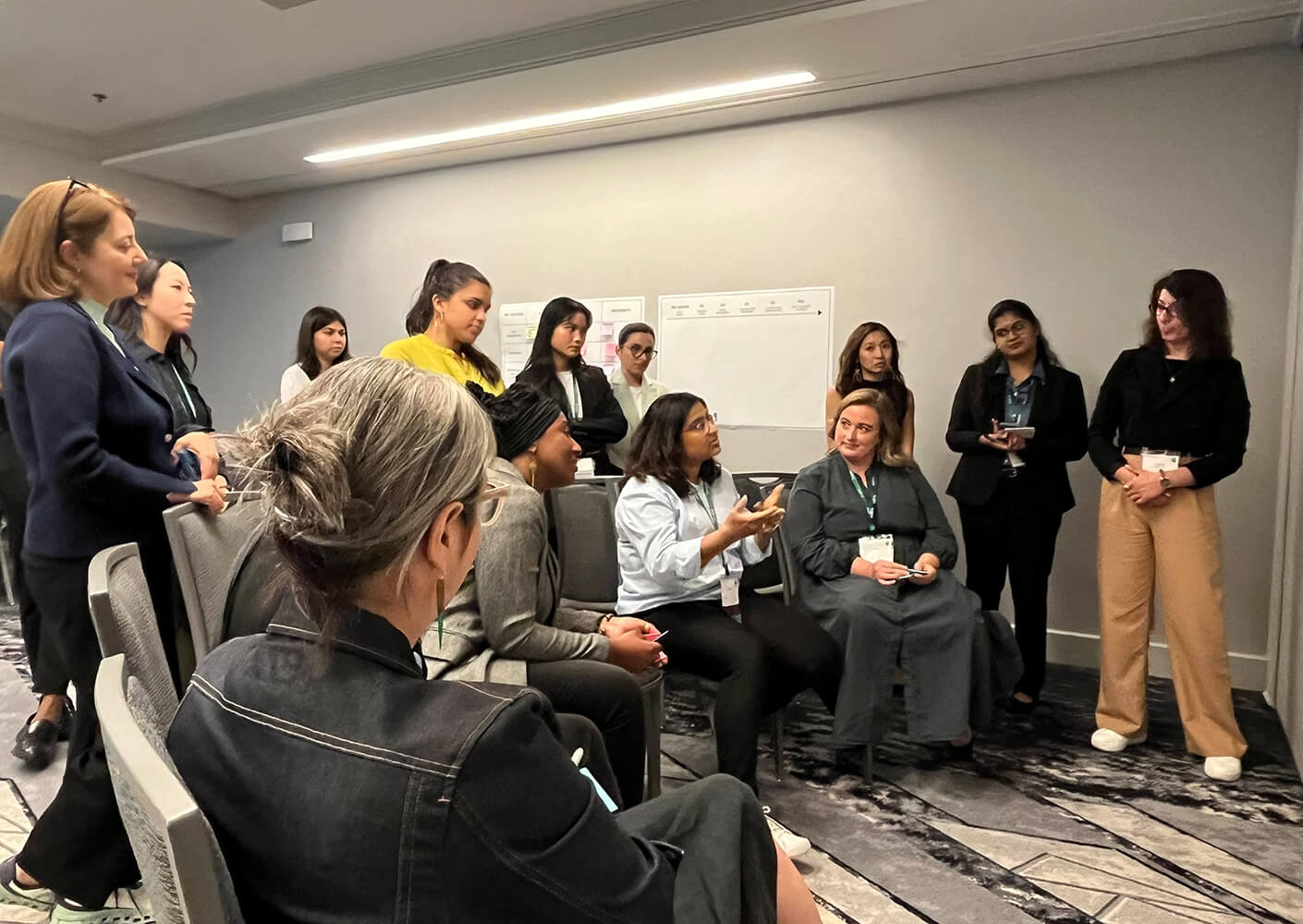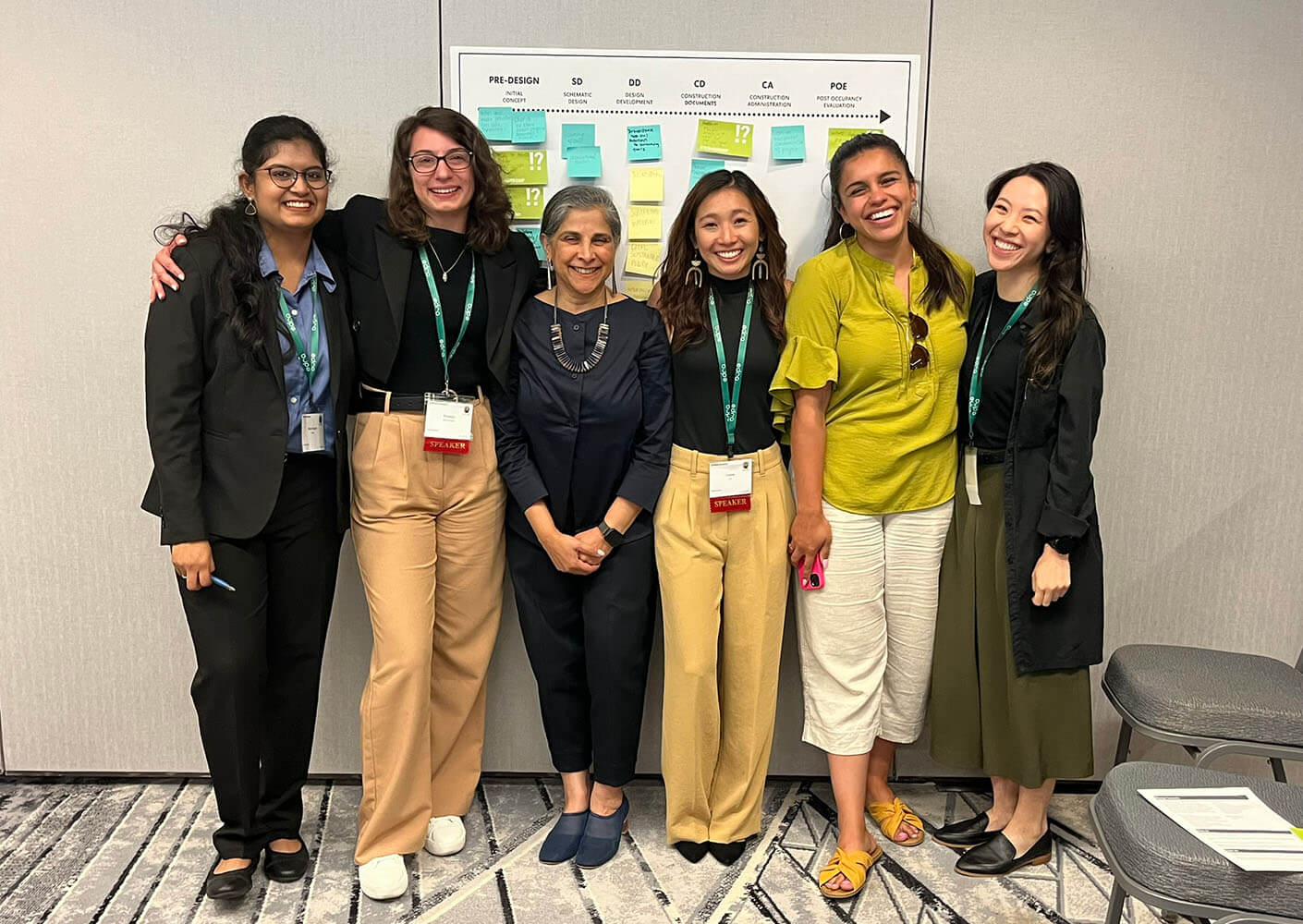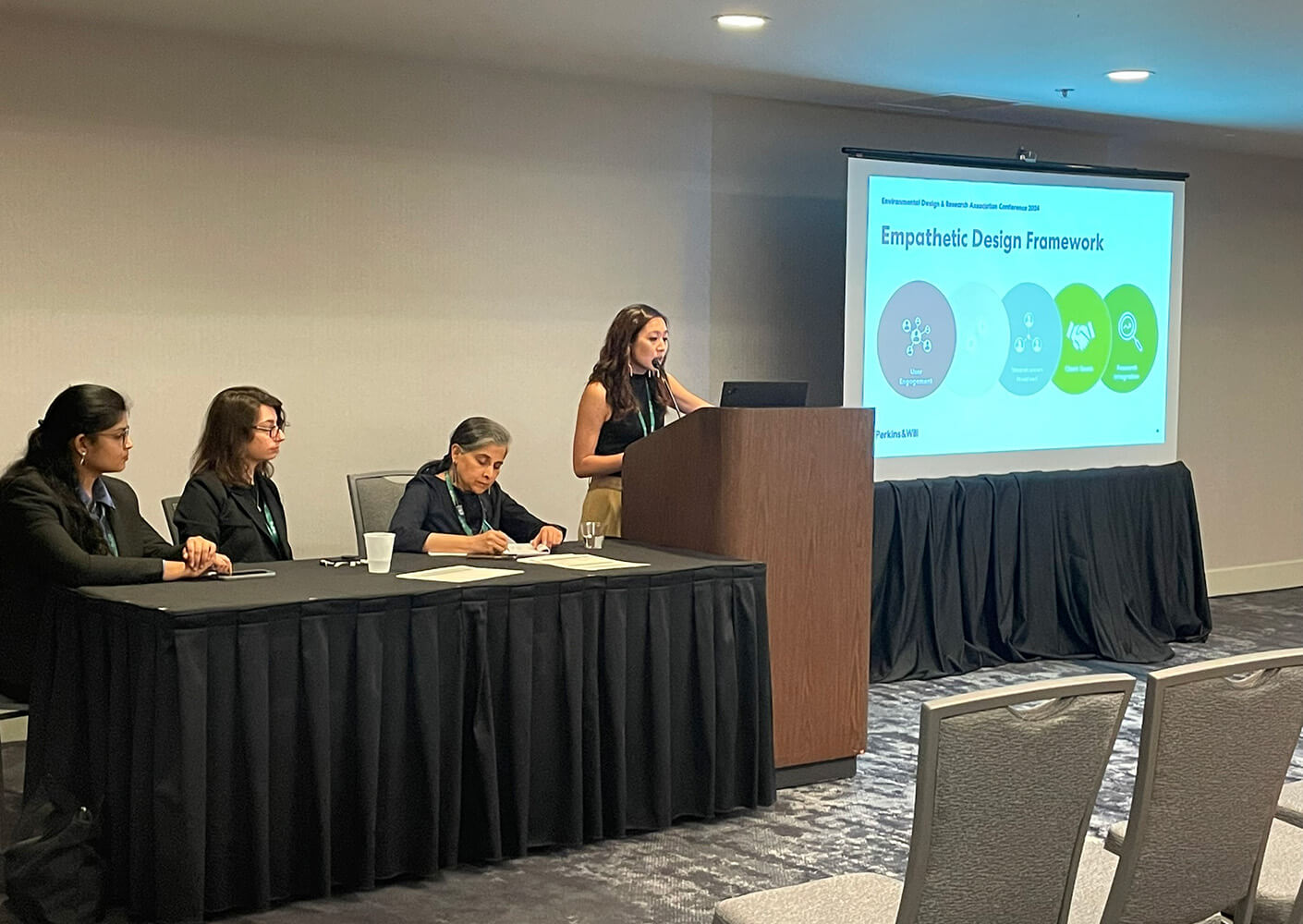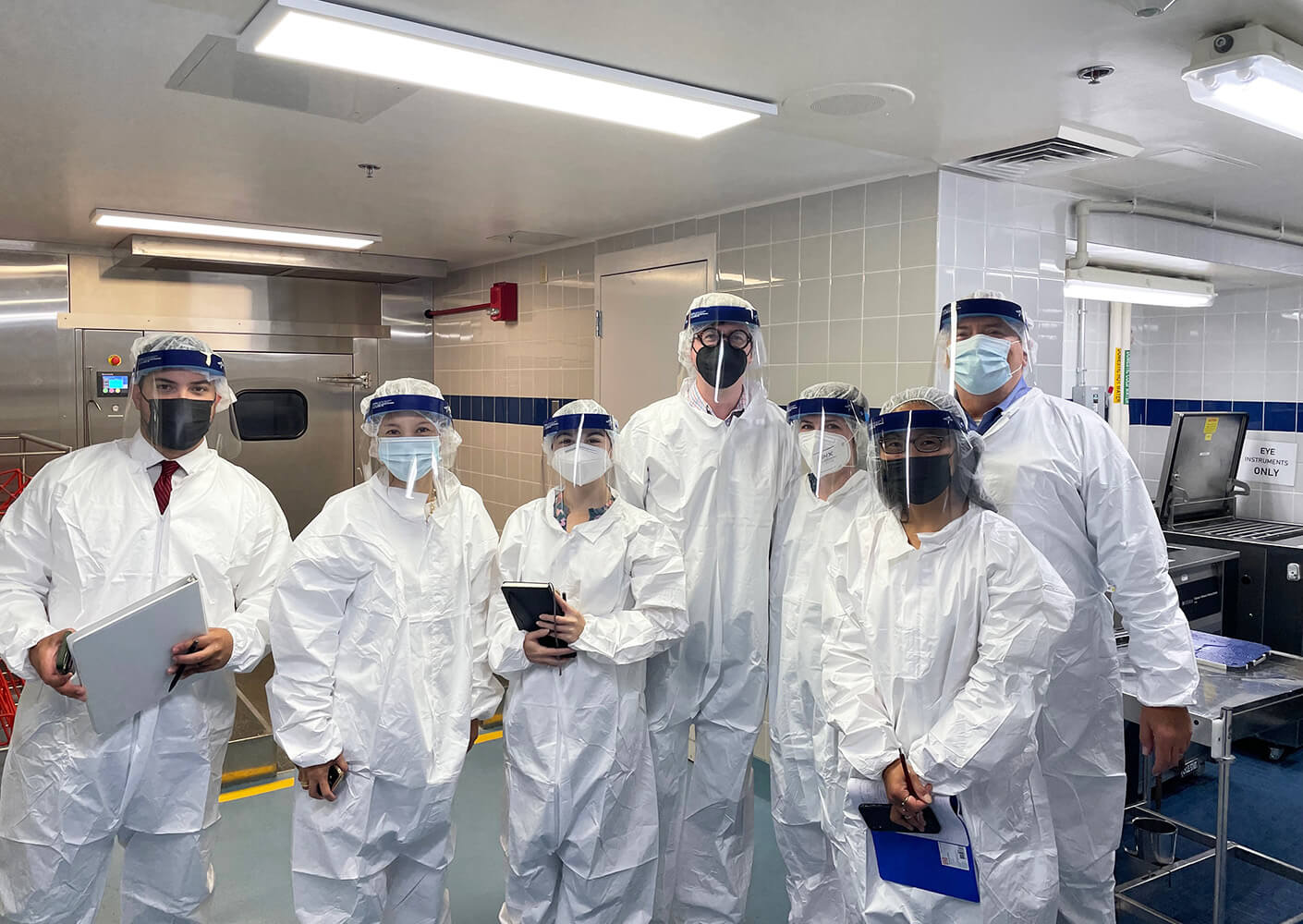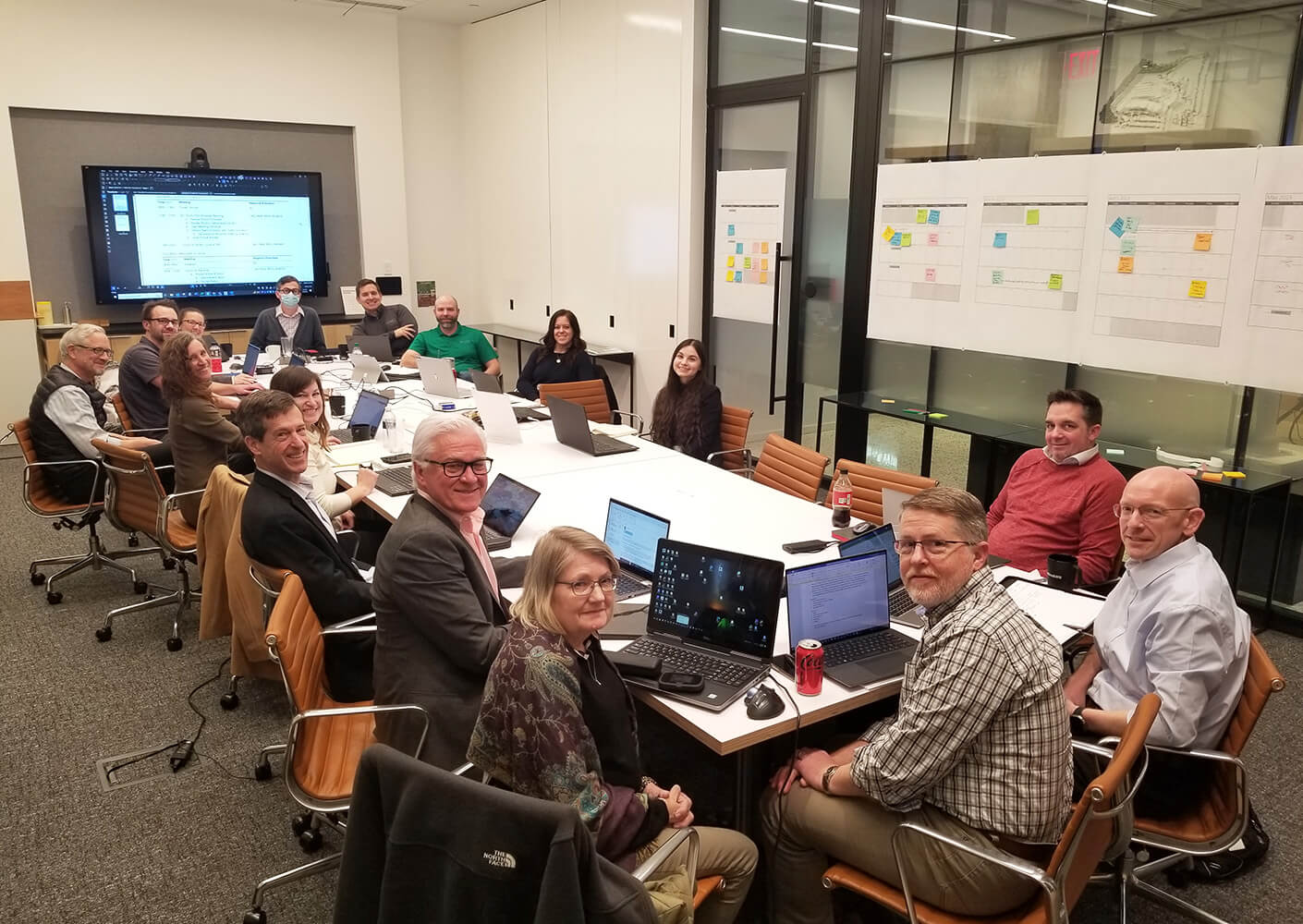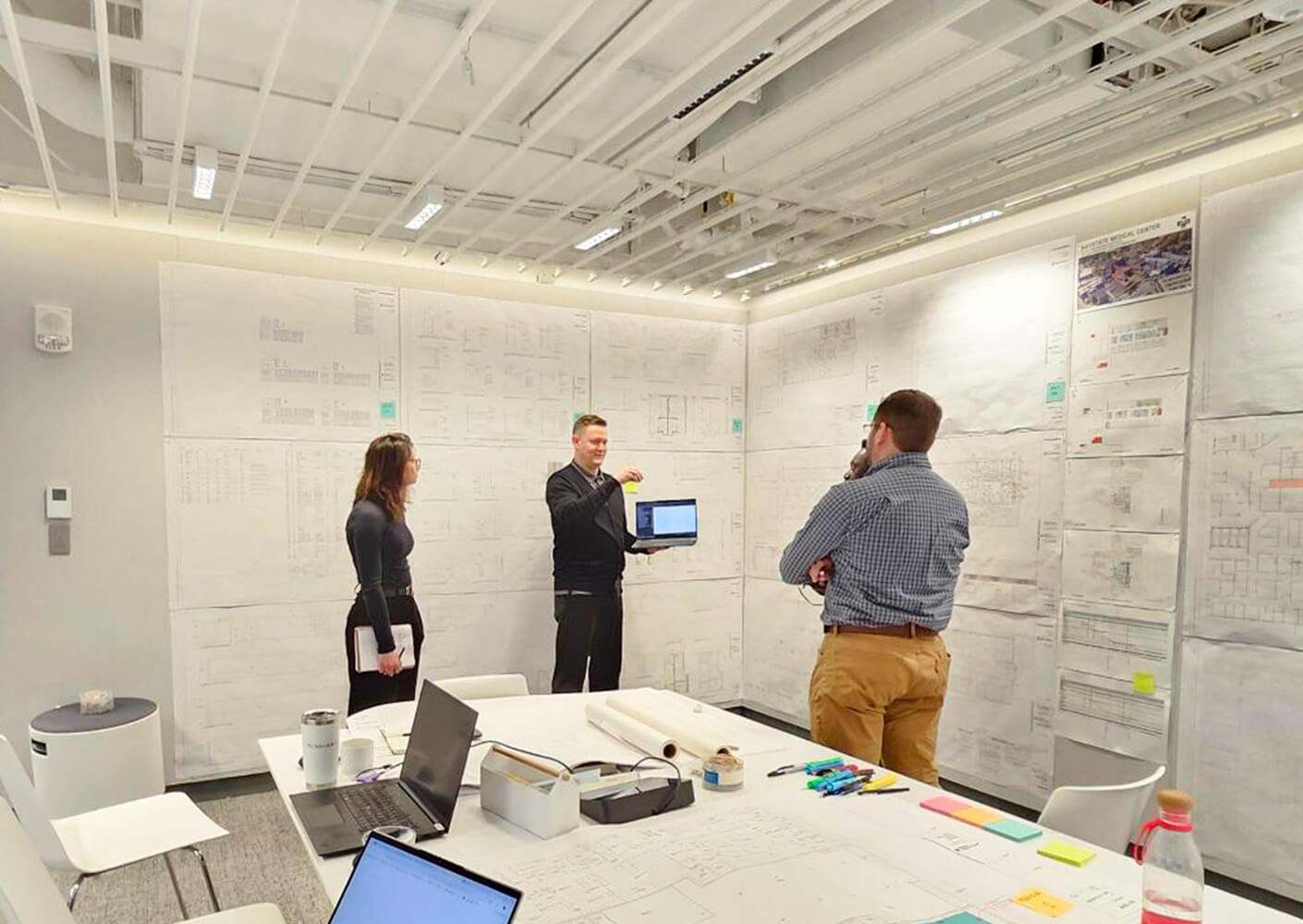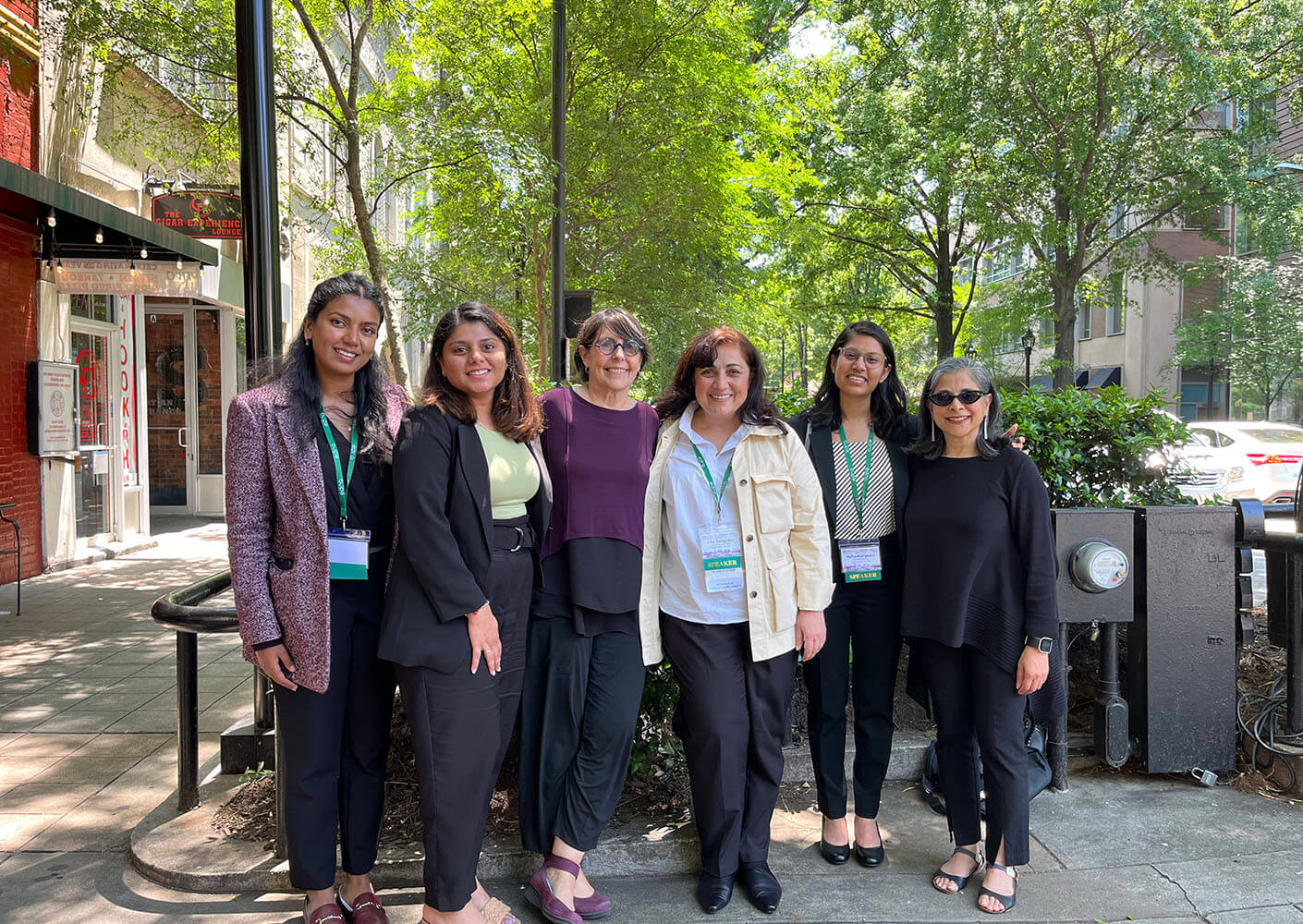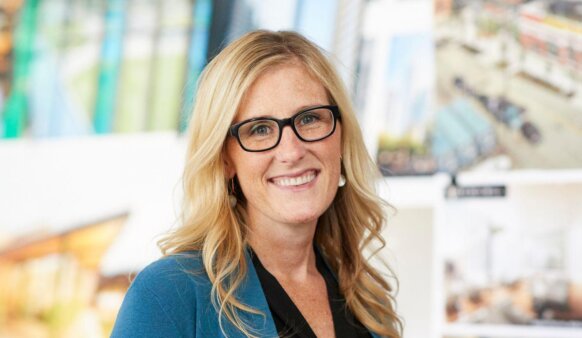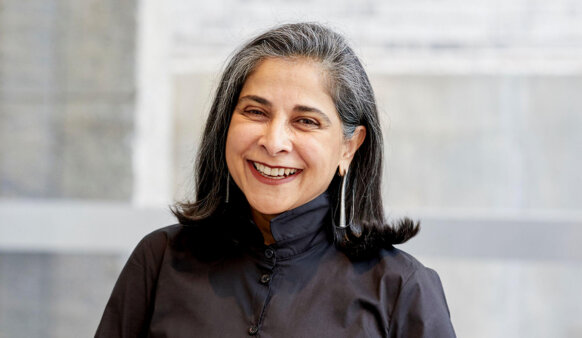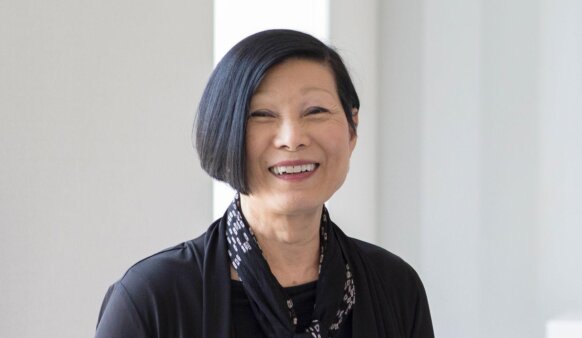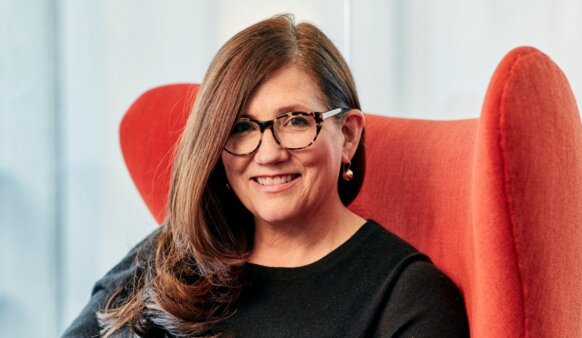E. Todd Wheeler Health Fellowship
Are you a recent graduate ready to leave your mark on the world of healthcare design? We want to hear from you!
Our E. Todd Wheeler Health Fellowship is an exciting year-long opportunity for the next generation of visionary leaders in healthcare design. Each year, we award this highly competitive fellowship to up to four graduate interns who are passionate about revolutionizing healthcare through innovation in the built environment.
You’re a candidate for the fellowship if you’ve earned any of the following: Master of Architecture with a Certificate in Healthcare Design; Master of Interior Design with a Certificate in Healthcare Design; Master of Architecture or Interior Design and completed a healthcare-related thesis; Degree from an accredited Design and Health program.
At Perkins&Will, we believe a diverse range of ideas, backgrounds, and disciplines is crucial for tackling today’s challenges in healthcare access and service delivery. We invite you to be part of this transformative experience. Together, let’s shape the future of healthcare design.
As an E. Todd Wheeler Health Fellow, you’ll dive into the heart of healthcare planning and design, working alongside our award-winning Health Practice Leaders and project teams.
Hands-On Experience: Immerse yourself in design, planning, and documentation while actively participating in dynamic client meetings.
Mentorship from Experts: Collaborate closely with seasoned medical planners and designers on cutting-edge healthcare projects that make a real difference.
Opportunity to Conduct Research: Contribute to advancements in the field of healthcare design by researching what’s next—and what’s possible now.
National Exposure: Expand your horizons by attending a prestigious national healthcare conference, connecting with industry leaders.
Applications open
November 15, 2024
Applications close
January 3, 2025
Interviews via Zoom
Mid-January
Fellow announced
Late January
Environmental Factors for Behavioral Health: Acoustic Influences of Patients in Mental and Behavioral Health Settings
Healthcare Design for Emerging Contexts: Developing Cultural Competence and Important Insights for Emerging Healthcare Markets
Acoustical Remediation in the Operating Room: Changing how we hear the OR
Reducing waste and optimizing supply expenditures: In the operating room
Healing the Healer: Rethinking Administrative Spaces in Healthcare to Combat Provider Burnout
It Takes a Village: Investigating the Needs of Care Partners in Healthcare Environments
Designing for the Neurologically Impaired: A Post-Occupancy Framework for Assessing the University of Cincinnati Gardner Neuroscience Institute (UCGNI)
On Implementing a Quantitative, Value-Based Approach to Healthcare Design: A Description of Objectives, Processes, and Tools for Robust Goal-, Strategy-, and Outcome-Tracking
Collective Healing in Community Planning: Investigating the Importance of Community Wellness in the Fight Against Public Health Crises
Care in the Time of Crisis: Designing for Patients with Behavioral Health Needs in the Emergency Department
Reimagining Birthing Unit Design: A Qualitative Study to Improve Women’s Birthing Experience in the Hospitals
Impact of Virtual Healthcare on an Aging Population: Future of Care Delivery for the Elderly
Growing Pains: Modernization of Urban Pediatric Environments, Towards a Post-COVID Future
Designing for Children and Adolescents: Behavioral Health Needs in the Emergency Department
Reimagining Care Environments: Architectural Strategies to Alleviate Depression in Long-Term Patients
Staff Burnout and Well-Being in Behavioral Health Setting: A comparative analysis of UT Houston John S. Dunn Behavioral Sciences Center and Harris County Psychiatric Center
Unpacking the Milieu: A Qualitative Study to Improve Women’s Birthing Experience in the Hospitals
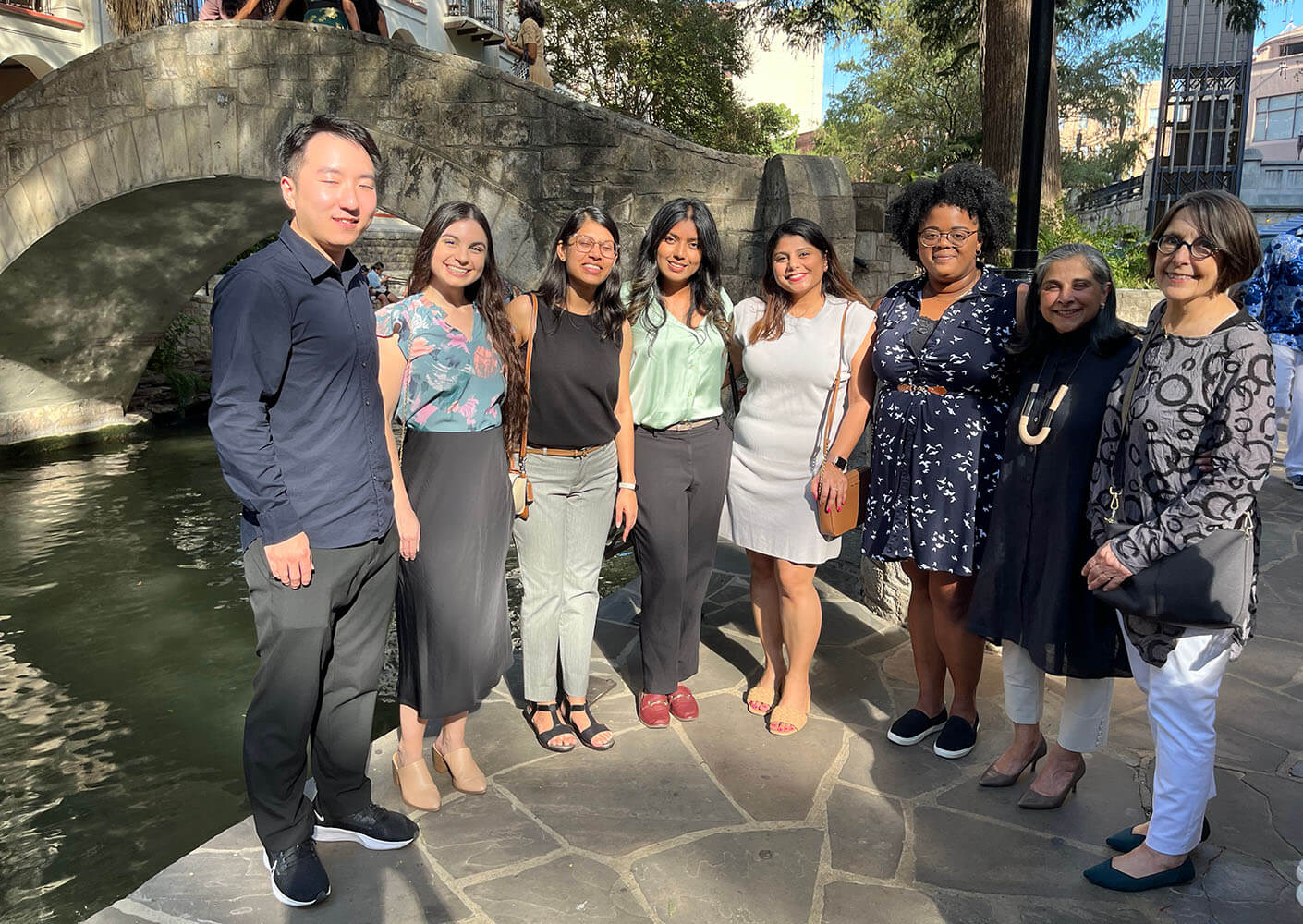
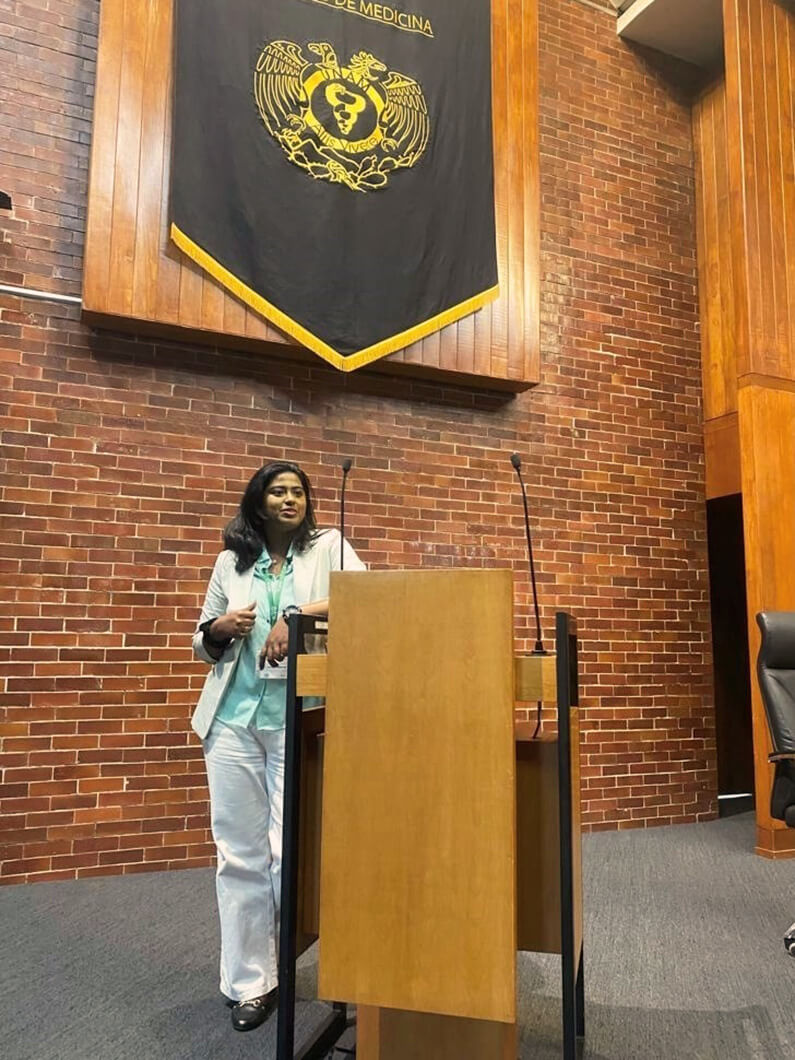
2024
Shirley Deborah, Georgia Institute of Technology (MS-Arch), Vellore Institute of Technology, Vellore, India (BArch)
Elly Hall, Clemson University, Architecture + Health (MArch), University of Wisconsin – Eau Claire (BA, Biology & Spanish)
2023
Shailagh McCormick, Wentworth Institute of Technology (MArch, BS-Arch)
Saranmegha Parimi, University of Michigan, Ann Arbor (MArch), Jawaharlal Nehru Architecture and Fine Arts University, India (BArch)
Connie Lin, Cornell University (MA-Health Design), Università Iuav di Venezia, Italy (Neuroscience Applied to Architecture), Drexel University (BArch)
2022
Jamie Wiberg, University of Michigan Ann-Arbor (MArch, MCEM), University of Illinois at Urbana-Champaign (BS)
Bing Xue, Clemson University, Architecture + Health (MArch), West Anhui University Lu’an City, China (BE)
2021
Sabah Mohammed, Cornell University (MS), National Institute of Technology, Calicut, India (BArch)
Kinjal Shah, Texas A&M University (MArch), University of Mumbai, Mumbai, India (BArch)
Neha Rampuria, Texas A&M University (MArch), Veer Narmad South Gujarat University Surat, India (BArch)
2020
Cierra Higgins, Washington University, St. Louis (MUD, MArch), University of Missouri-Columbia (BS-Arch)
2019
Brett Jacobs, Clemson University, Architecture + Health (MArch), University of Rochester (BS-Biomedical)
Aliza Goldsmith, The George Washington University (MFA), Tel Aviv University (MA), Occidental College (BA)
Christopher Koss, University of Kansas (MArch)
Caroline Brigham, Cornell University (Certificate in Architecture), Rice School of Architecture (BArch, BA)

